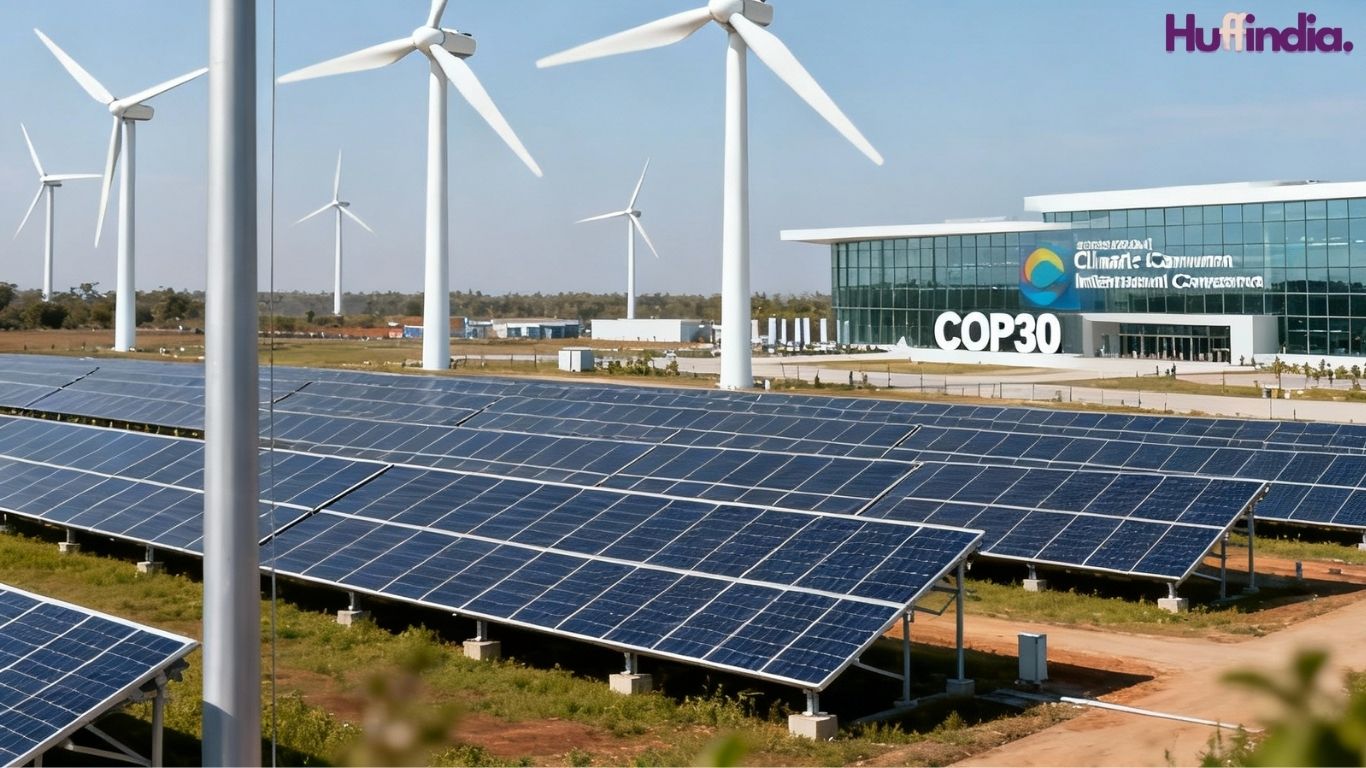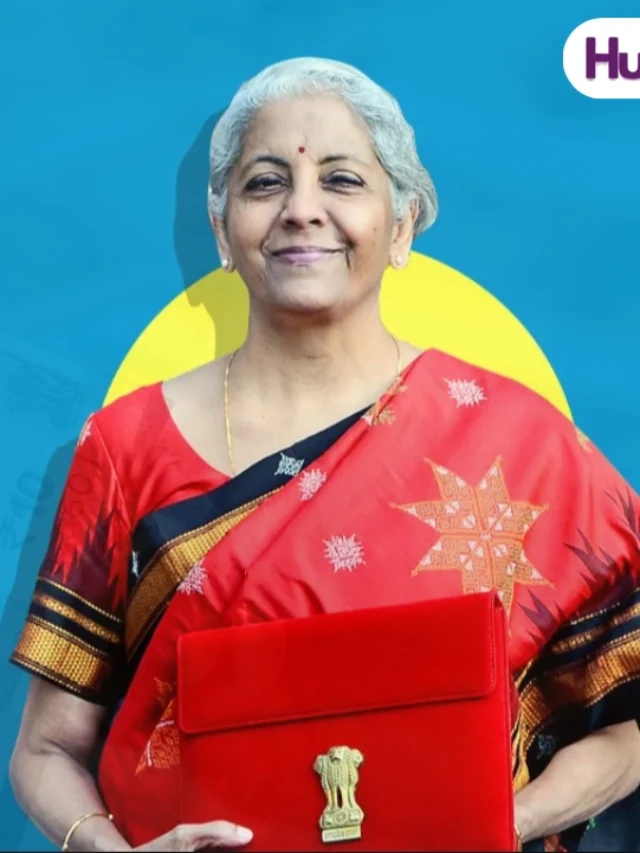New Delhi — India’s climate-summit commitments announced ahead of the upcoming COP30 reflect a decisive shift in the nation’s environmental diplomacy, as New Delhi moves to position itself at the forefront of global climate action. With the summit just weeks away, ministers and senior officials are finalising a set of ambitious pledges, including accelerated renewable-energy targets, stronger carbon-capture investment and expanded international cooperation.
In recent months, India has charted a path to refine its climate posture. Officials say the forthcoming commitments include raising the non-fossil fuel share of electricity generation to 65 % by 2030, achieving net-zero by 2070 with a more detailed roadmap, and expanding green hydrogen production capacity tenfold. These moves are designed to demonstrate that India climate-summit commitments are more than rhetoric — they reflect operational policies and financial flows.
Analysts note that India’s evolution from passive participant to active shaper is significant. “India is no longer simply following the global script — it’s writing its own,” commented climate-policy expert Dr Sangeeta Rao. She added that the emphasis on just-transition frameworks and sustainable livelihoods for coal regions suggests deeper integration of development and climate agendas.
On the international front, India is also expected to propose a new Global South green-finance facility, aimed at channelling multilateral funds to least-developed countries, thereby underscoring how its climate leadership is tied to equity and diplomacy. The custodians of the summit preparations highlight that India’s climate-summit commitments will be anchored in measurable metrics, peer-review frameworks and transparent reporting — aligning with global expectations of credible climate action.
Challenges remain: scaling up renewable infrastructure, managing transition risks for coal-dependent states, and mobilising private capital in sufficient volumes. But the political will appears to be building, with Prime Minister Narendra Modi set to personally lead India’s delegation at COP30, reinforcing the urgency of the agenda.
As global attention turns to the summit, India’s climate stance has moved beyond words to commitments. The coming weeks will show how those commitments hold in both promise and execution — and whether India’s climate narrative becomes a global reference point rather than a follower.


























